1. "Today is the morning of September 2nd. The capital city of Ba Dinh is covered with yellow flowers and sunshine. Millions of hearts are waiting, the birds are also silent. Suddenly a song of love resounds." Which author wrote these lines of poetry?
- To Huu0%
- Nguyen Dinh Thi0%
- Hoang Cam0%
"Today is the morning of September 2nd.
The capital of yellow flowers and sunshine, Ba Dinh
Millions of hearts wait, birds are silent
Suddenly a loving song rang out
HO CHI MINH, HO CHI MINH!
The person standing on the platform, silent for a moment
Look at that flock, waving your hands.
High forehead, bright eyes
Independence is now seen"
The poem was printed in the Vietnamese Textbook for primary school students years ago and was titled "September 2nd Morning". However, this is an excerpt from the long poem "Following Uncle Ho's Footsteps" by poet To Huu.
2. When was the long poem "Following Uncle Ho's footsteps" composed by poet To Huu?
- 19650%
- 19700%
- 19750%
Poet To Huu (1920-2002), real name Nguyen Kim Thanh, was born in Hoi An, Quang Nam , originally from Quang Dien district, Thua Thien Hue province.
In 1938, he joined the Indochinese Communist Party.
In April 1939, he was arrested by French colonialists and imprisoned in many prisons in the Central Highlands provinces.
In 1942, Mr. To Huu escaped from prison, returned to establish a base and established contact with the Party organization in Thanh Hoa province.
During the outbreak of the national resistance war, Mr. To Huu assumed the role of Secretary of the Thanh Hoa Provincial Party Committee.
In 1947, he was transferred to Viet Bac to be in charge of cultural work. Mr. To Huu joined the Executive Committee of the Vietnam Literature and Arts Association since its establishment (1948), then successively held key leadership positions on the ideological, propaganda and cultural fronts: Head of the Propaganda Department, Head of the Science and Education Department, Head of the Unification Department, Principal of the Nguyen Ai Quoc Central School.
At the 4th National Party Congress (1976), Mr. To Huu was elected to the Politburo of the Party Central Committee and held the position of Permanent Vice Chairman of the Council of Ministers (1981-1986).
The epic poem "Following Uncle Ho's Footsteps" was composed by poet To Huu in 1970 while he was recovering from an illness in the former Soviet Union. He completed the poem on February 1970, which was also the day he recovered from his illness. The epic poem "Following Uncle Ho's Footsteps" is 119 stanzas long, with excerpts from Uncle Ho's poems, with a total of nearly 500 verses.
3. 'Gunfire shook the sky with anger. People rose up like a broken dam. Vietnam rose from blood and fire. Shaking off the mud, it stood up shining brightly' is an excerpt from the poem "Country" by which poet?
- Xuan Thuy0%
- Nguyen Khoa Diem0%
- Nguyen Dinh Thi0%
"Gunfire shook the sky angrily
People rise like a broken dam
Vietnam from blood and fire
"Shake off the mud and stand up shining"
Excerpt from the poem "Country" by poet Nguyen Dinh Thi.
Poet Nguyen Dinh Thi (1924-2003) in Luang Prabang (Laos), originally from Hanoi. The poem "The Country" was written by poet Nguyen Dinh Thi in late 1948 in the Viet Bac resistance base, specifically in the mountainous region of Tuyen Quang. At that time, he was a member of the Executive Committee of the Vietnam Literature and Arts Association.
4. When was the song Tien Quan Ca composed by musician Van Cao?
- 19430%
- 19440%
- 19450%
Musician Van Cao, real name Nguyen Van Cao, was born on November 15, 1923, in Hai Phong, into a family of civil servants. He died on July 10, 1995, in Hanoi.
According to Nhan Dan newspaper, the song Tien Quan Ca was composed by musician Van Cao in the winter days of 1944, when the nation's revolutionary struggle was in full swing. At this time, musician Van Cao met Mr. Vu Quy, a Viet Minh cadre, who was also a person who followed Van Cao's artistic activities. Mr. Vu Quy asked as if suggesting musician Van Cao to leave revolutionary activities and assigned musician Van Cao's first task to compose a song for the revolutionary army.
At that time, musician Van Cao did not know about the war zone, only knew the streets of Pho Ga, Hang Bong, Bo Ho (Hanoi) out of habit and had not met the revolutionary army soldiers in the first military course and did not know how they sang... the author "was thinking of a way to write a simple song for them to sing...". He struggled, searching for the sounds and images of the afternoon walking along the streets of Hanoi... and he wrote the first musical notes of the song "Tien Quan Ca".
5. Which year's Constitution recognized Tien Quan Ca as the National Anthem of Vietnam?
- 19460%
- 19590%
- 19800%
In 1946, the 1st National Assembly decided to choose Tien Quan Ca by musician Van Cao as the National Anthem of Vietnam. Article 3 of the first Constitution of the Democratic Republic of Vietnam in 1946 clearly stated that "The National Anthem is Tien Quan Ca".
Before that, on August 17, 1945, the song Tien Quan Ca was first played in the autumn sky of Hanoi.
On August 19, 1945, a large rally took place at the Opera House Square, the Young Pioneer choir sang the March under the fluttering red flag with yellow star...
On September 2, 1945, President Ho Chi Minh solemnly declared to the world and the people the Declaration of Independence, the August Revolution succeeded, and the Democratic Republic of Vietnam was born. The song Tien Quan Ca was officially performed at that sacred ceremony.
Source: https://vietnamnet.vn/hom-nay-sang-mong-hai-thang-chin-thu-do-hoa-vang-nang-ba-dinh-do-ai-sang-tac-2438368.html


![[Photo] The 4th meeting of the Inter-Parliamentary Cooperation Committee between the National Assembly of Vietnam and the State Duma of Russia](https://vphoto.vietnam.vn/thumb/1200x675/vietnam/resource/IMAGE/2025/9/28/9f9e84a38675449aa9c08b391e153183)
![[Photo] Joy on the new Phong Chau bridge](https://vphoto.vietnam.vn/thumb/1200x675/vietnam/resource/IMAGE/2025/9/28/b00322b29c8043fbb8b6844fdd6c78ea)
![[Photo] President Luong Cuong receives Chairman of the State Duma of the Russian Federation Vyacheslav Volodin](https://vphoto.vietnam.vn/thumb/1200x675/vietnam/resource/IMAGE/2025/9/29/6bd456e072504df3a468acbf9b7989c8)
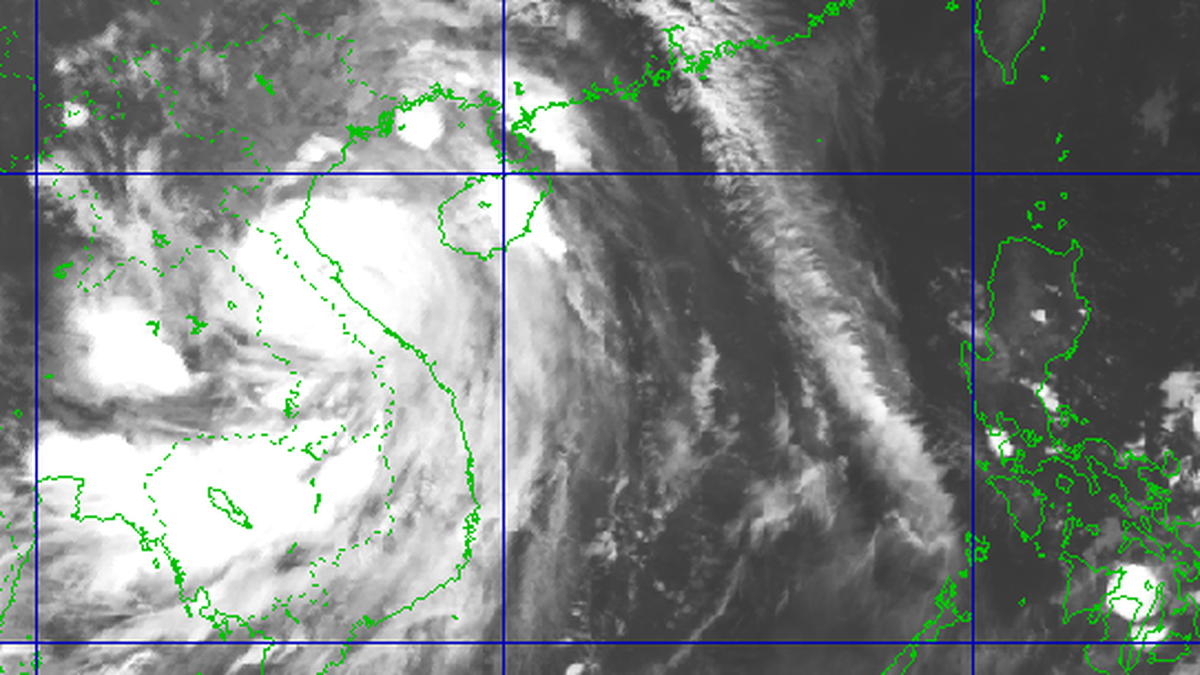






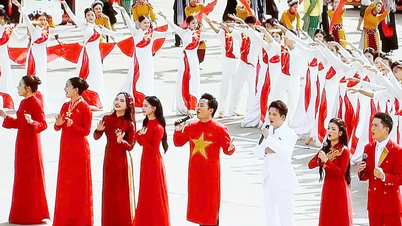

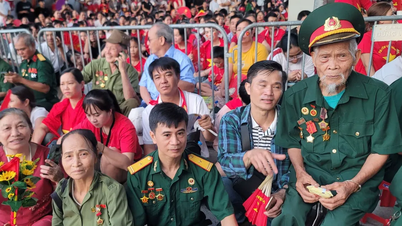
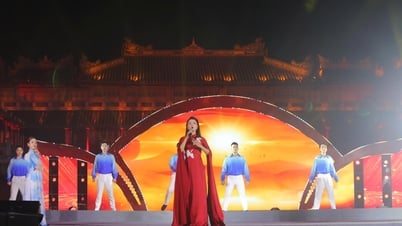

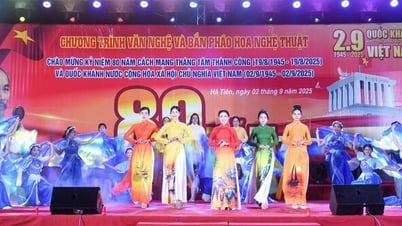
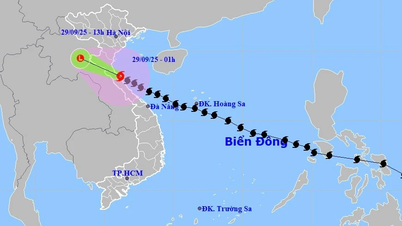

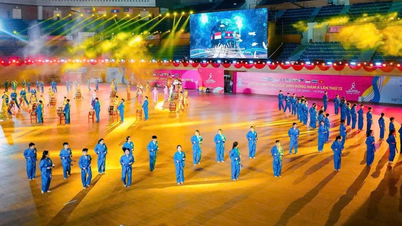









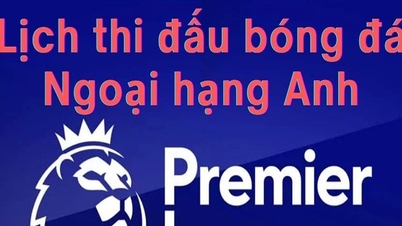



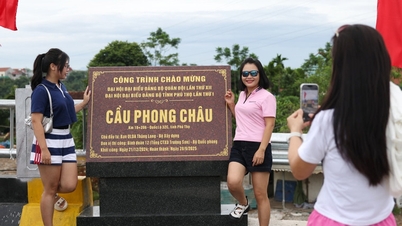























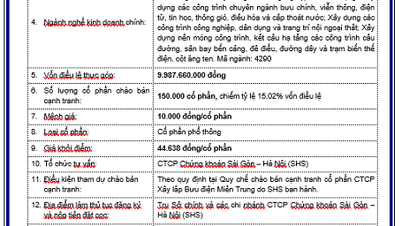






![[Photo] President Luong Cuong receives Chairman of the State Duma of the Russian Federation Vyacheslav Volodin](https://vphoto.vietnam.vn/thumb/402x226/vietnam/resource/IMAGE/2025/9/29/6bd456e072504df3a468acbf9b7989c8)


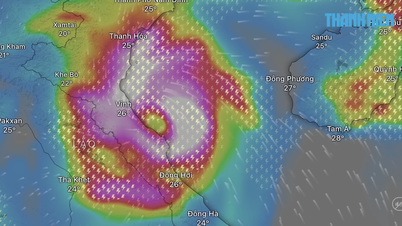






























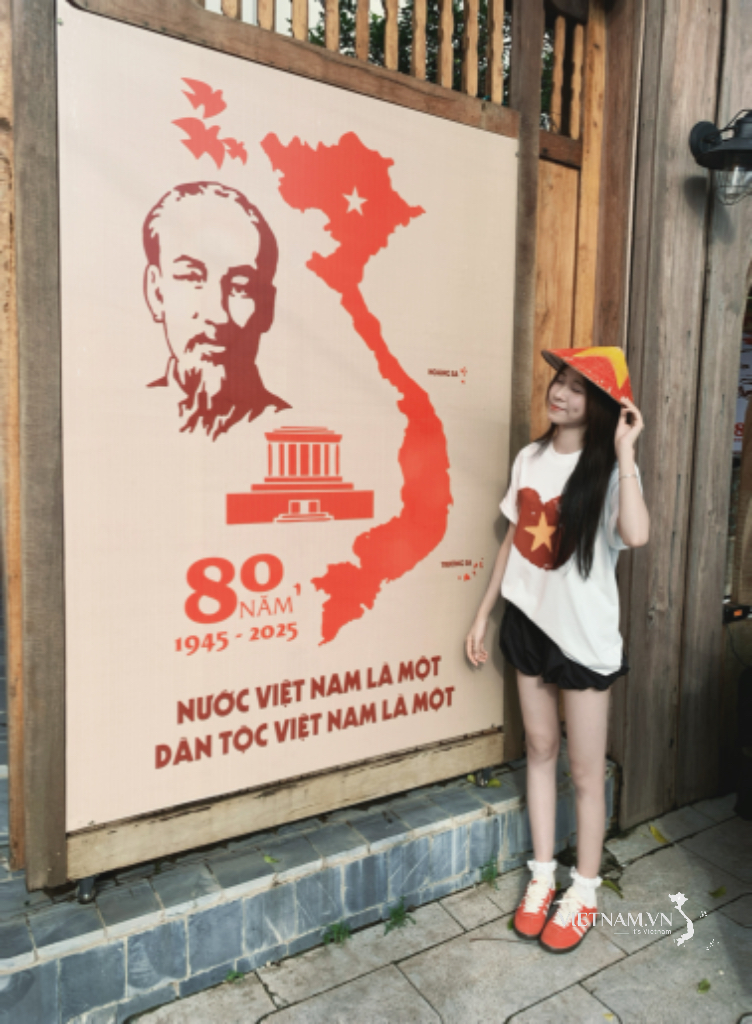

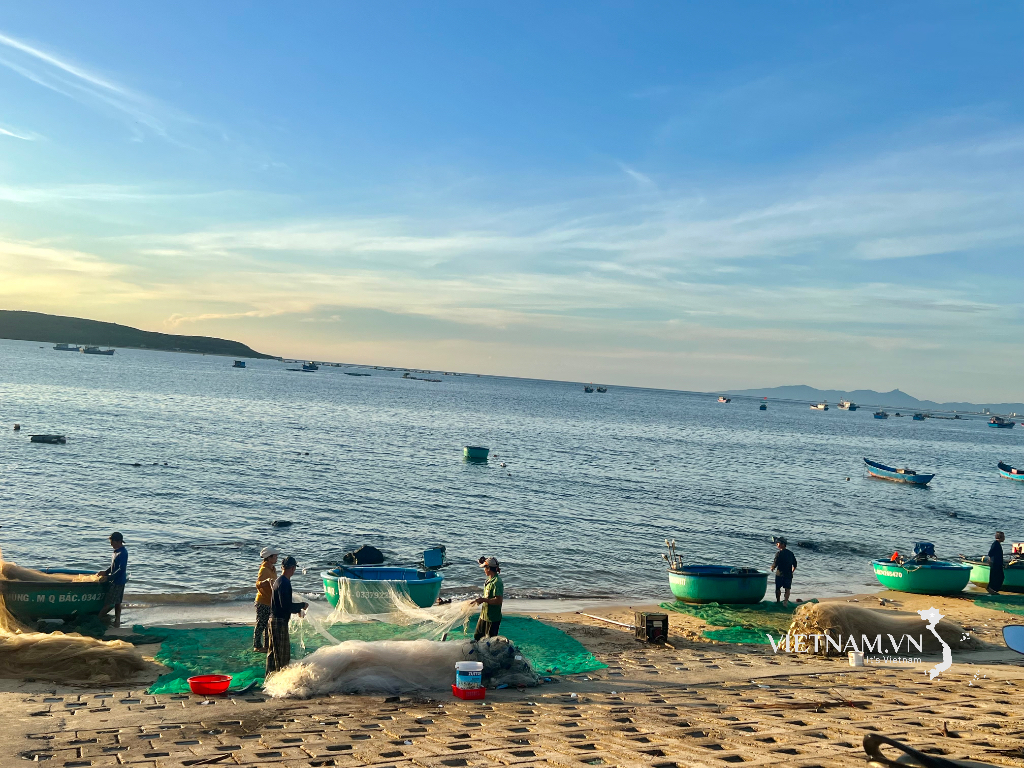
Comment (0)